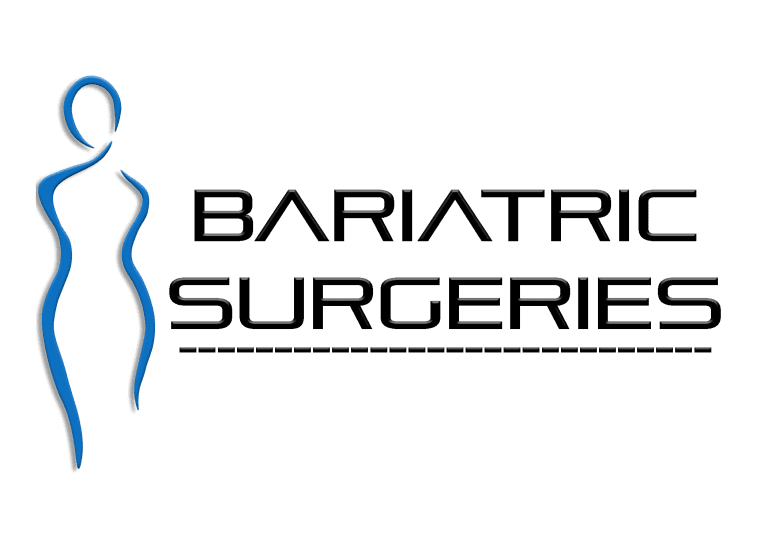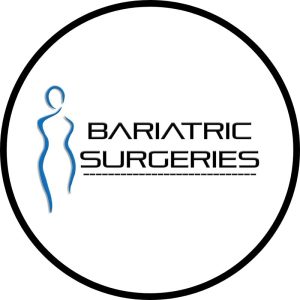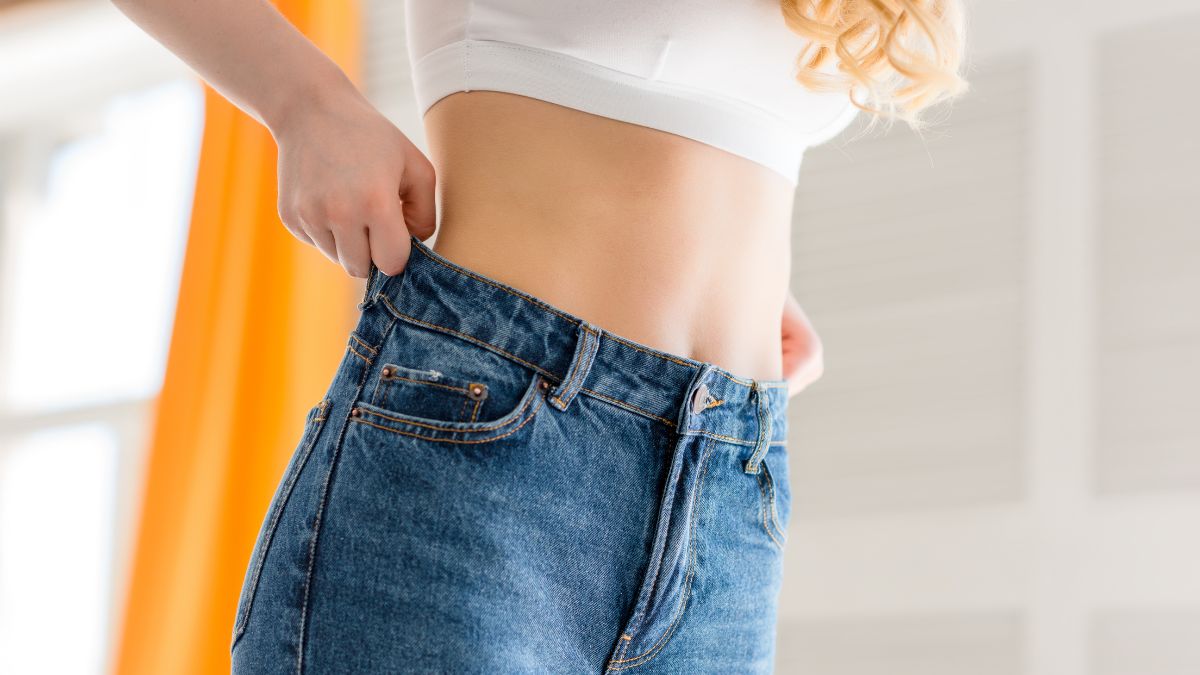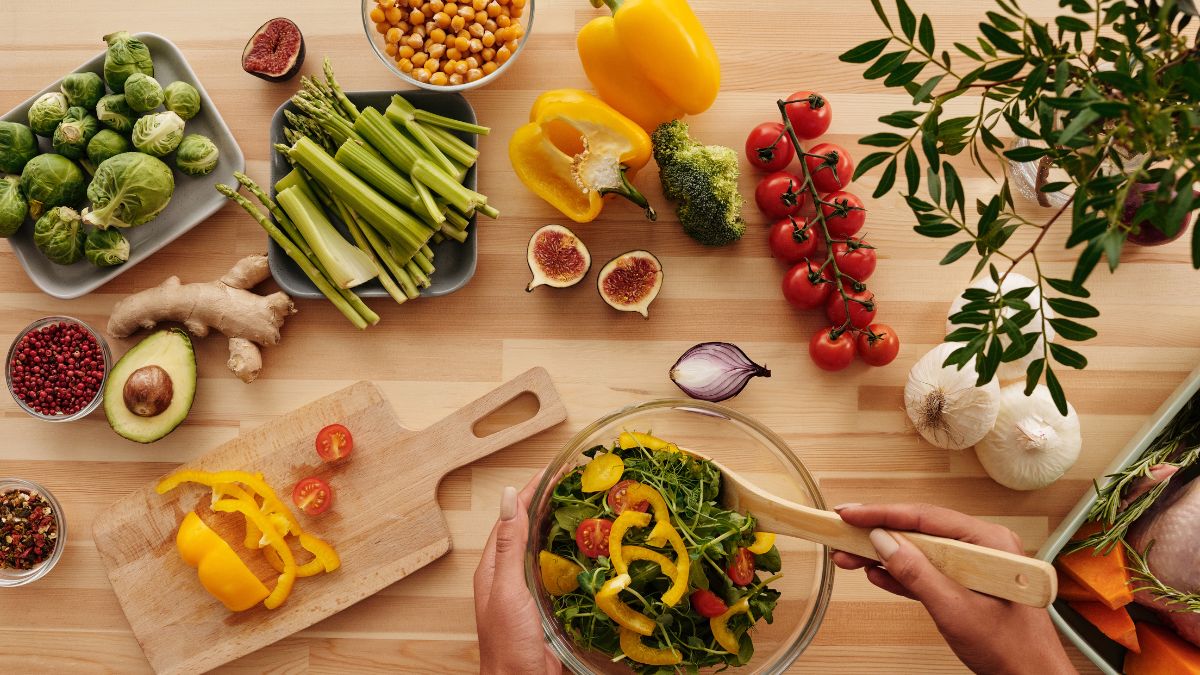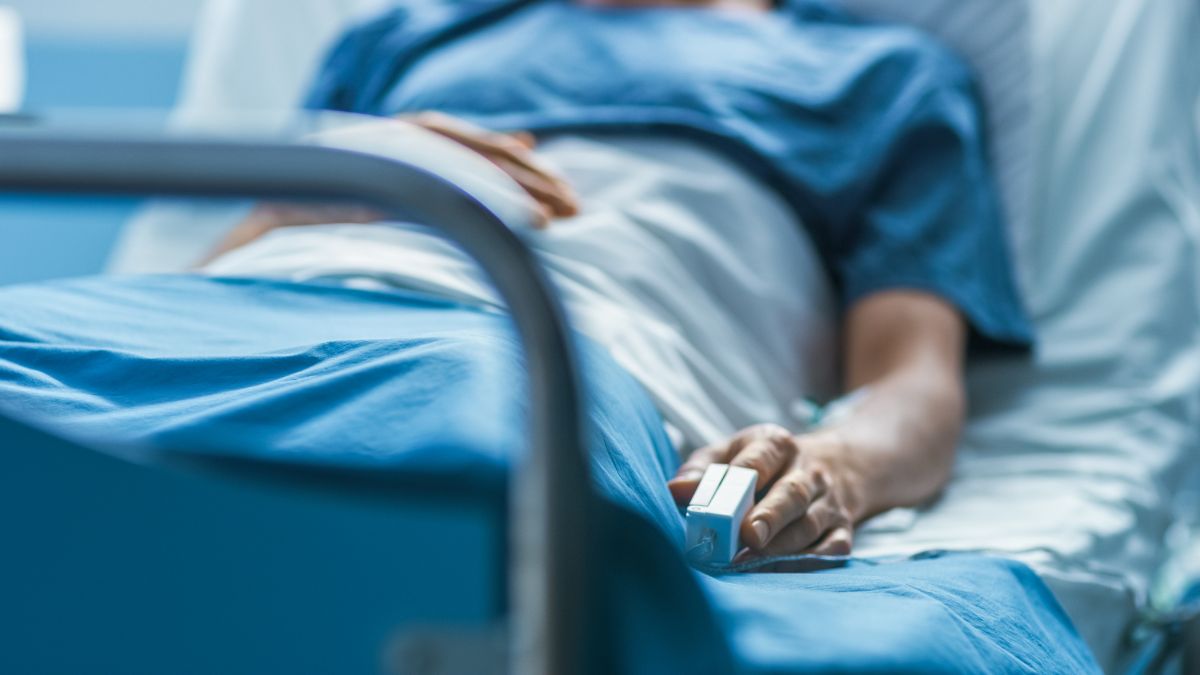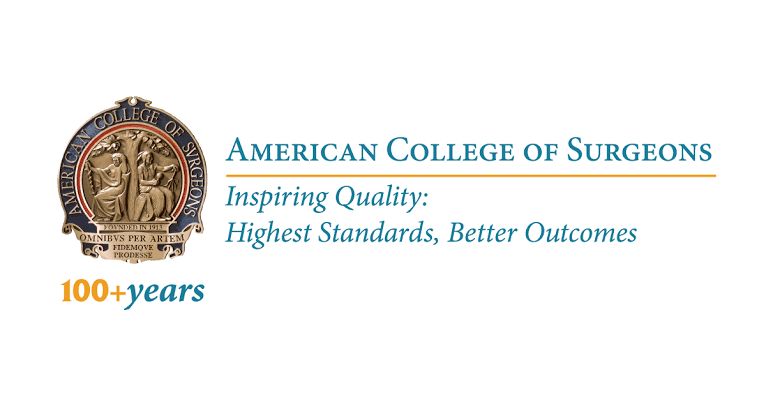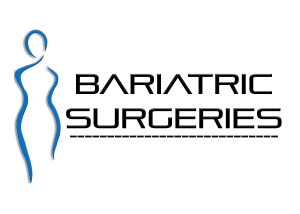Like most gastric sleeve patients, you probably experience some pain after eating. This is normal and to be expected. However, there are things that you can do to help relieve the pain and make your meals more comfortable.
Read more: Gastric Sleeve Surgery Recovery: What To Expect And How Long It Takes.
We will explain why you experience gastric sleeve pain after eating and offer treatment tips to help you manage your discomfort.
Reasons for Gastric Sleeve Pain After Eating
Gastric sleeve surgery involves reducing the size of the stomach. This means that you will feel full more quickly and eat smaller meals. In addition, since your stomach is now smaller, it is likely to become stretched out or overfilled with food, which can cause pain.
Other causes of gastric sleeve pain after eating include slow digestion, food allergies, or a defect in your stomach lining.
Tips To Avoid Gastric Sleeve Pain After Eating
Gastric sleeve pain after eating can be unpleasant and even distressing for some people. But you will do a few things to reduce the discomfort and prevent gastric sleeve pain from happening in the future.
1) Avoid Overeating
When you have had a gastric sleeve procedure, your belly measurement has been reduced, so you cannot eat meals like before.
When consuming food after gastric sleeve surgery, you must quit when you sense you are full or have eaten around 1/2 of what an ordinary meal would be for anyone barring the procedure.
This will limit the overheating hazard, which can lead to gastric sleeve aches after eating.
2) Eat Slowly
Eating slowly helps to digest the meals properly, stops indigestion, and ensures bloating, which can cause gastric sleeve pain.
Taking small bites and chewing your meals earlier than swallowing is a good idea.
For example, you can set a ten-minute timer and try to end your meal within the time frame.
This will help to stop over-eating, which may lead to gastric sleeve aches after eating.
Additionally, ingesting more water during the day will assist in maintaining your physique hydrated and help digestion.
3) Avoid Trigger Foods & Eating Too Fast
Certain foods, such as fried items, spicy dishes, and carbonated beverages, can cause gastric sleeve pain after eating. Try to avoid these types of food if you experience pain often. Moreover, drinking alcohol or smoking can also worsen the symptoms of gastric sleeve pain, so it is best to avoid them too. Eating too fast can also lead to gastric sleeve pain, so slow down and savor your food.
4) Make Healthy Diet Choices
Eating nutritious meals can help diminish the likelihood of gastric sleeve pain after eating. Eating a balanced diet with fresh fruits and vegetables will keep your body healthy and help manage gastric sleeve pain. Additionally, fiber-rich food, such as oatmeal, brown rice, and whole-grain bread, can help keep you full longer and reduce the risk of gastric sleeve pain.
5) Apply Ice and Heat
Applying ice or warmness to the affected place can occasionally reduce the pain.
Apply a cold pack for about 15 minutes, then change to a warm compress for another 15 minutes.
Repeat this cycle on several instances to limit gastric sleeve aches after eating.
However, if your signs and symptoms persist or worsen, look for clinical recommendations immediately.
For a gastric sleeve in Mexico, name ALO Bariatrics. We provide an unbeatable mixture of affordability and service. Contact us nowadays to locate our gastric sleeve surgical procedure and aftercare services.
Make the proper desire for your health, and book an appointment now!
